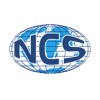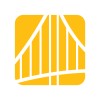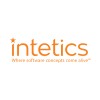PHP
PHP is a server-side scripting language primarily used for web development but also suitable for general-purpose programming. It is one of the most popular programming languages for creating dynamic websites and web applications, offering a wide range of functionalities and features.
PHP stands for Hypertext Preprocessor and is embedded within HTML code to generate dynamic content on web pages. It is known for its simplicity, ease of integration, and extensive community support, making it accessible to developers of all levels.
PHP supports various databases, including MySQL, PostgreSQL, and SQLite, allowing developers to interact with databases to store and retrieve data. It also provides object-oriented programming (OOP) capabilities, enabling developers to write modular and reusable code.
One of PHP's key strengths is its compatibility with different web servers and operating systems, making it a versatile language for developing web applications across various platforms. It offers frameworks like Laravel, Symfony, and CodeIgniter that streamline web development tasks and enhance application scalability.
PHP is widely used for tasks such as form processing, content management systems, e-commerce websites, data analysis, and API development. It includes features for session management, file handling, XML parsing, error handling, and more, catering to diverse development needs.
With a rich ecosystem of libraries, extensions, and tools, PHP enables rapid application development and deployment. Its active community continually releases updates and resources, ensuring the language remains relevant and competitive in the ever-evolving web development landscape.
To learn more about PHP, you can explore the official PHP website and access resources like the PHP manual for detailed documentation and tutorials.
























